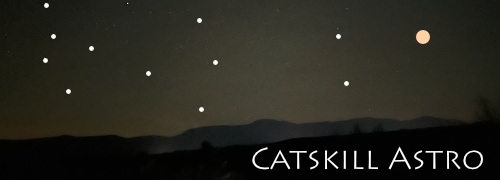In April 2025, I completed the Astronomical League’s Lunar Program (Imaging). This list provides access to that submission. It’s arranged in the order of the program, which starts with tasks and objects that can be viewed with the naked eye, works up to binoculars, and then to telescope targets.
Of course, when you’re executing the program with imaging, you’re using a telescope on all targets. That makes it easier in some ways, but harder in a profound way. With visual astronomy, for most targets you’re basically signing a log sheet that certifies, “I saw it”. Of course, you could be wrong, but they take your word for it. With imaging, you label a photo. If you’re wrong, the reviewer will know.
One of the surprises to me was the importance of sun angle. I used a mix of stacked, wavelet sharpened images captured in SharpCap, and single images captured in Seestar over a couple of years on random dates. While the SharpCap images are MUCH better, I only had a couple of them. The Seestar image, if the sun angle was right, we generally better than the SharpCap image if the angle was too far off.
Page 3 of 5
Lunar Program (Imaging) Reports 21-30 of 48 total to date.
| Thumbnail | Title/link | Target Class | Comment |
|---|---|---|---|
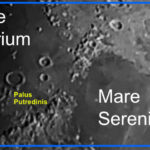 |
Palus Putredinis | Marsh of Decay | Telescope Objects>Research Best Time | What is a Lunar marsh? Presumably not quite smooth enough to be a bay, not rough enough to be something else |
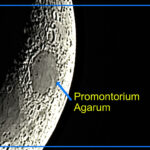 |
Promontorium Agarum | Telescope Objects>Research Best Time | A mountainous cape protruding into the southeast of Mare Crisium |
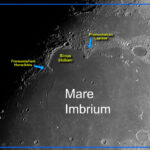 |
Promontories around Bay of Rainbows: Heraclides and Laplace | Telescope Objects>Research Best Time | 14 of 14 Bino craters around 10 days, in my highest resolution capture to date. |
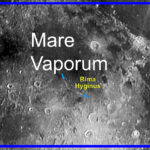 |
Rima Hyginus, a Spectacular Fissure | Telescope Objects>Research Best Time | A 220k-long fissure or rille through the center of crater Hyginus. |
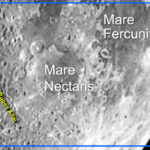 |
Rupes Altai: an Escarpment | Telescope Objects>Research Best Time | The most prominent lunar escarpment. |
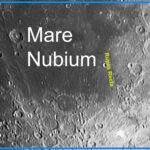 |
Rupes Recta: The Straight Wall | Telescope Objects>Research Best Time | Another escarpment. This one famous because it cuts a straight line! |
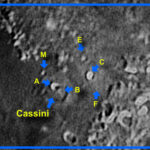 |
Cassini Alphabet Soup | Telescope Objects>Craters ~7 Days Old | A multitude of smaller craters -- two two within the rim -- give Cassini its distinctive appearance. |
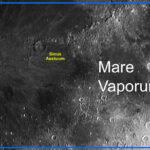 |
Sinus Aestuum: Seething Bay | Telescope Objects>Research Best Time | A sinus (bay) that appears to be only slightly smaller than Mare Vaporum. |
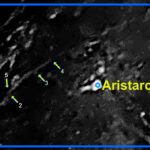 |
Vallis Schroteri: Deep Canyon | Telescope Objects>Research Best Time | The "Grand Canyon" of the moon turned out to be the most challenging target of the entire program. |
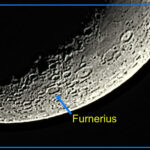 |
Furnerius: Out on the (SE) Limb | Telescope Objects>Craters ~4 Days Old | A battered, old impact crater located near the SE limb. |
